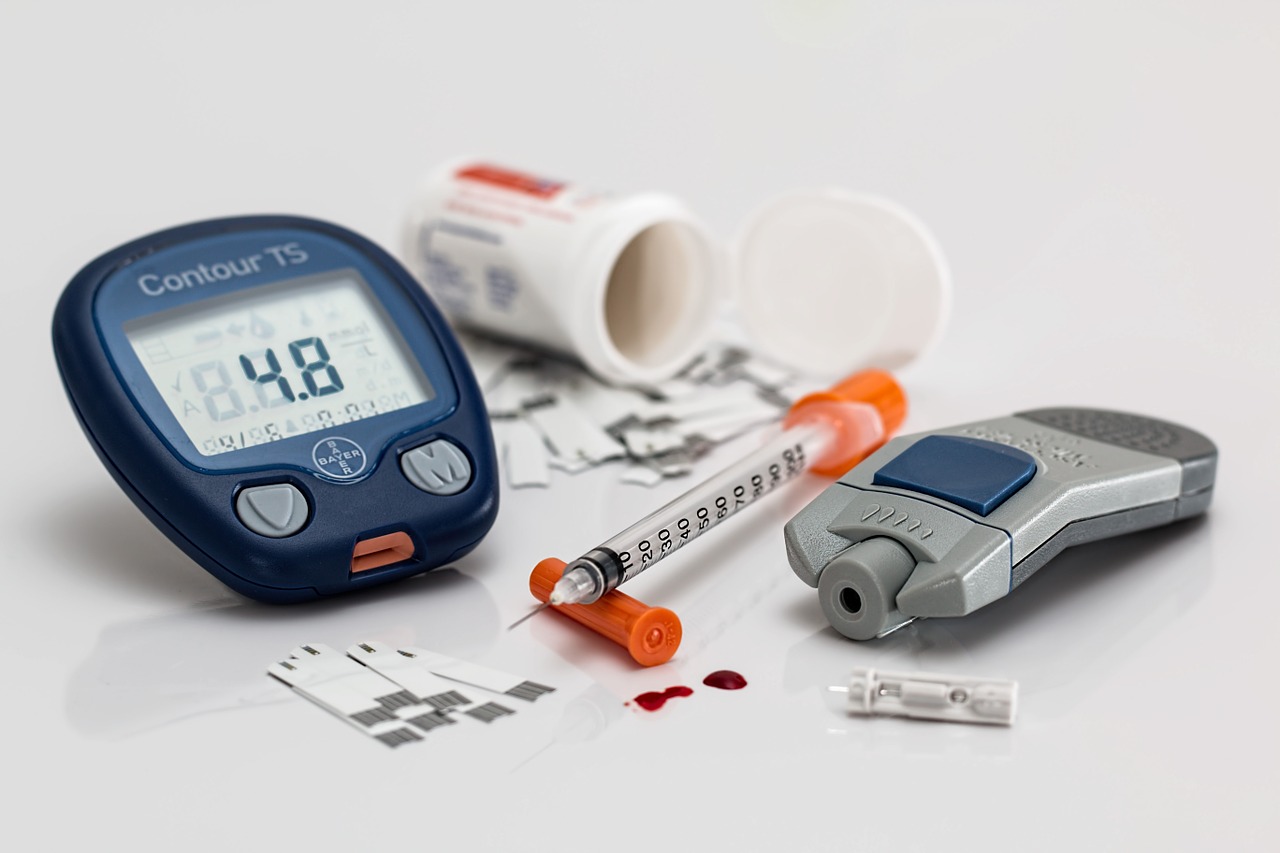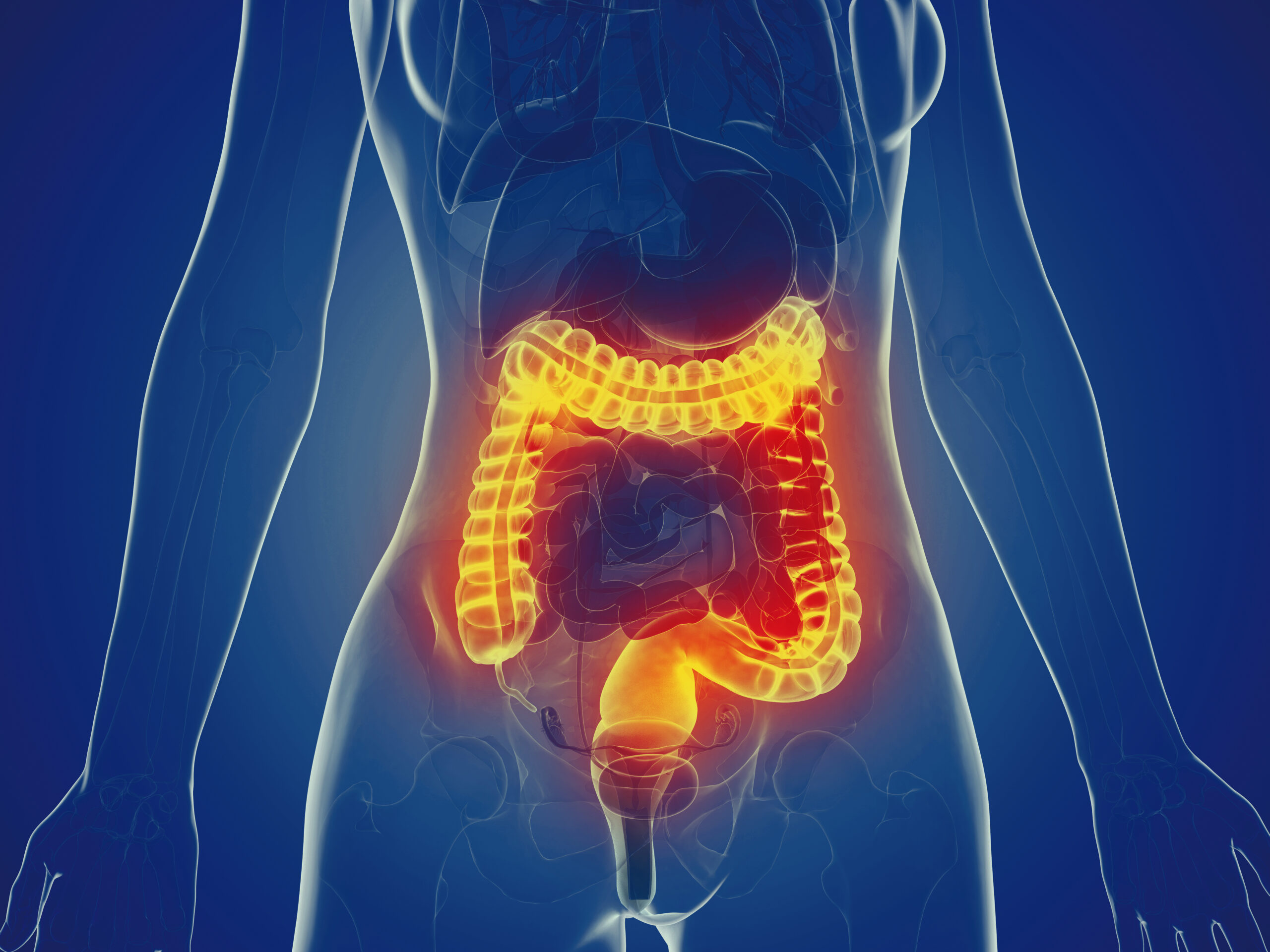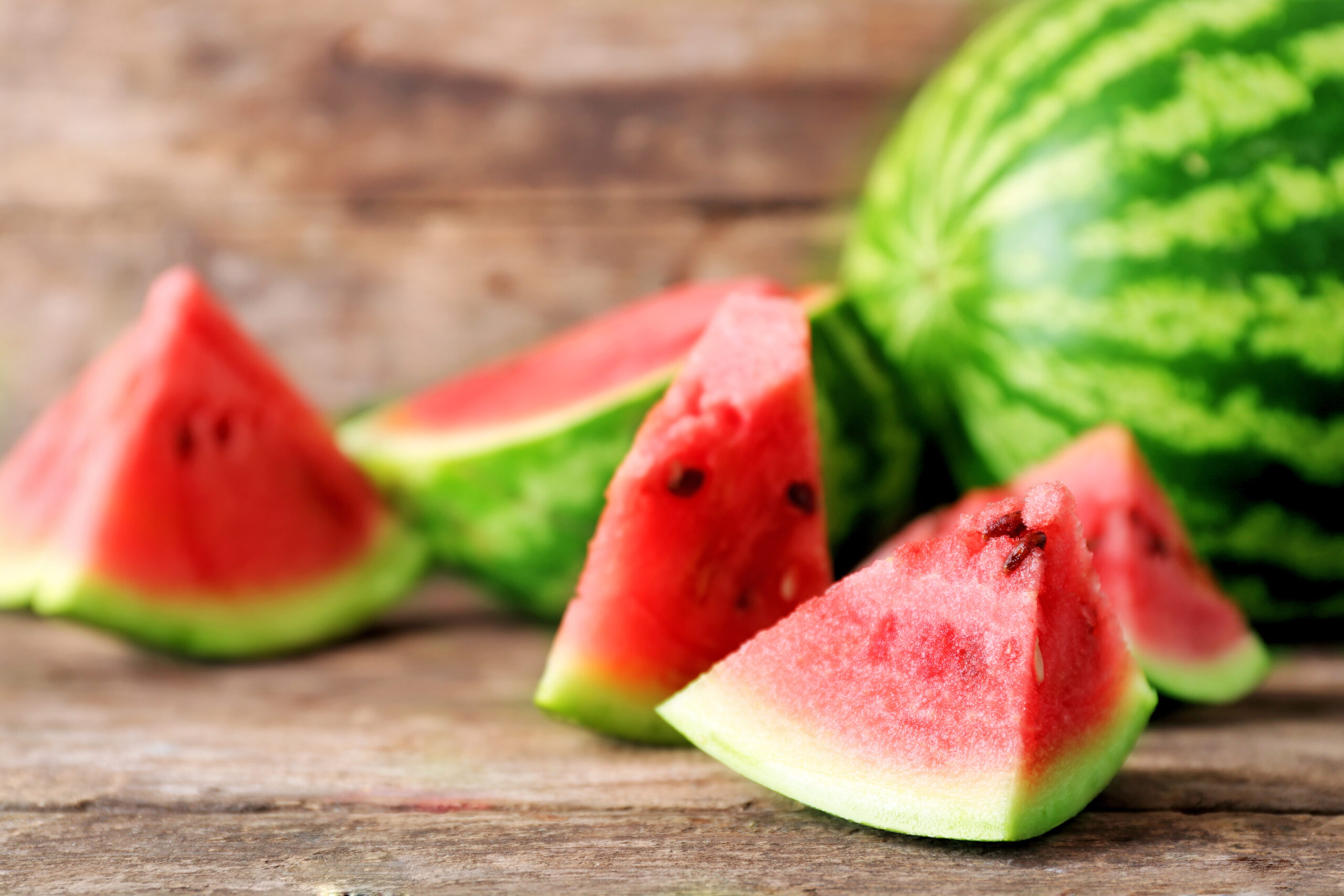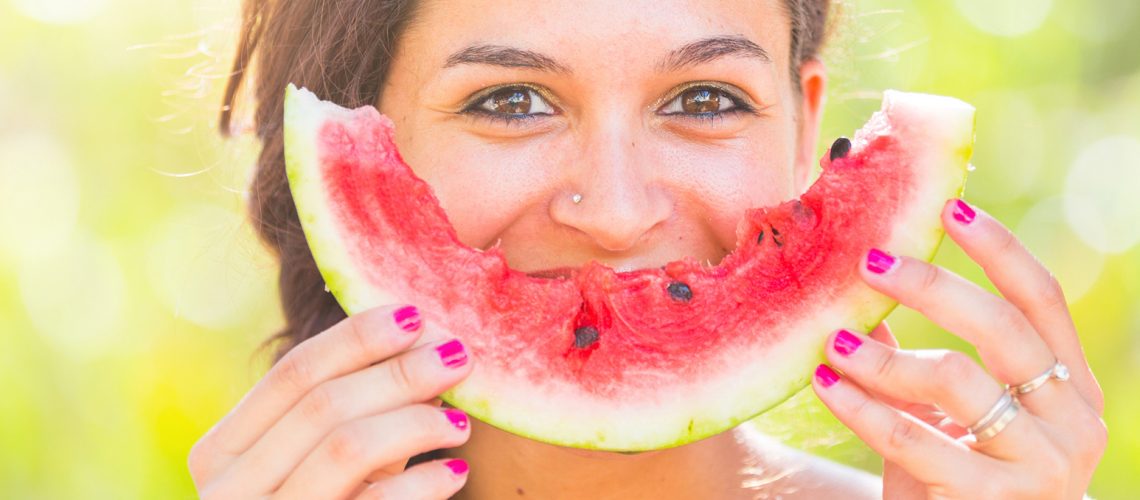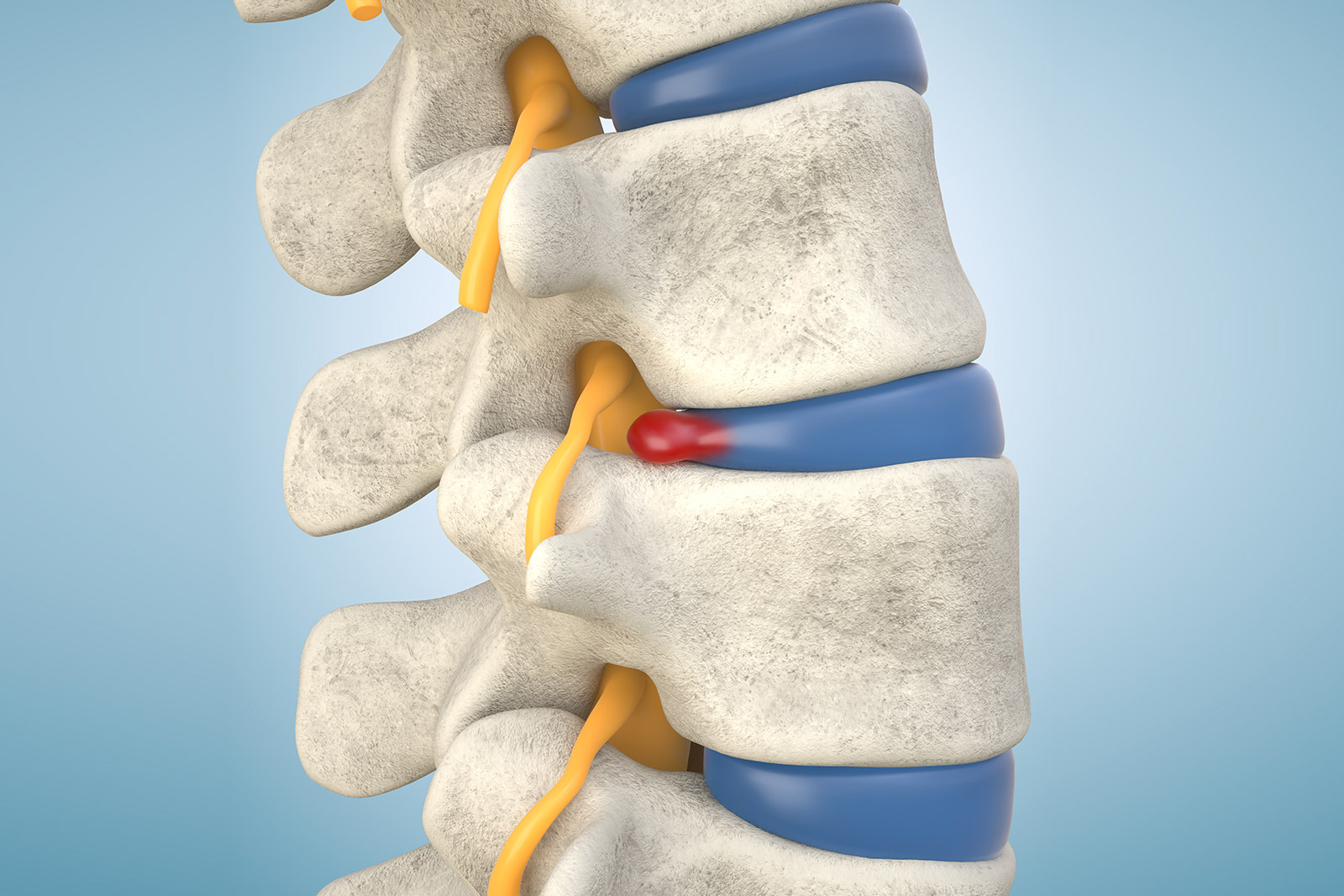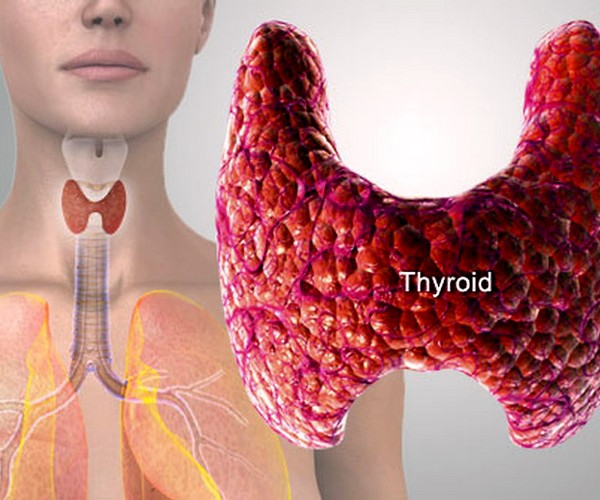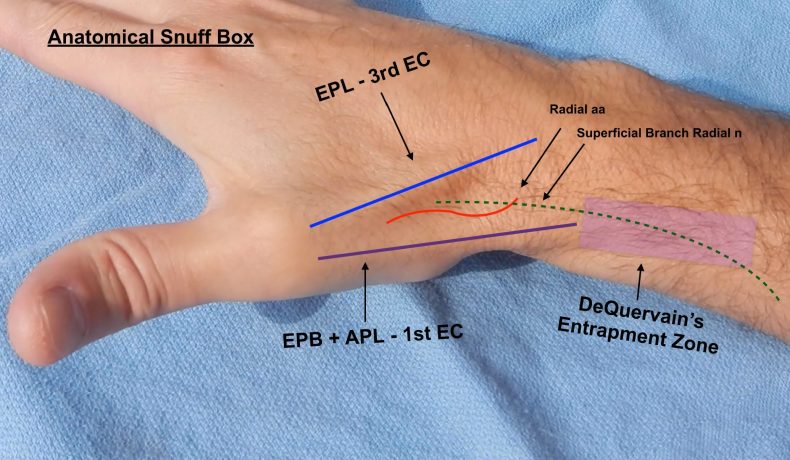The practice of Mindfulness, which is becoming increasingly popular among individuals who want to achieve a state of both physical and mental well-being for their bodies, represents a particular approach to life, whereby the main component of our existence is mindfulness. Being aware and conscious of every single action we experience in our daily lives, paying attention to the events that happen to us, the environment around us and even every single part of our body. This approach must affect the various areas of our living, whether when we are at work, when we study, when we play sports, but also during a simple walk or, more importantly, when we eat.
For what reason do we eat ?
It is well known that some of the diseases that affect our bodies are due in large part to our eating habits. In fact, many diseases arise from poor, if not bad, nutrition, which has a very negative effect on the health status of our bodies. According to the Mindfulness approach you should pay more attention to the quantity but especially the quality of the food you ingest. It can be helpful to ask questions before approaching each meal such as:
- Am I eating to nourish my body and keep it properly healthy?
- Am I eating to satisfy the desire for pleasurable sensations?
- Am I aware of where the food I am eating comes from?
- Is it a natural food or is it treated with preservatives and other substances novice to the body?
These are just some of the questions that it would be appropriate to ask oneself before even starting the meal, but the list of questions could continue for a long time and also move to the psychological level (do I eat because I am really hungry or out of anger/anxiety/frustration ?).
Mindful eating
The Mindfulness approach applied to the field of nutrition involves eating more mindfully and somewhat more slowly than usual. As an experiment, to begin with, you can try eating at least one meal a week in absolute silence, focusing essentially on the act of pure and simple eating. Very important also would be to eat with the TV off and without paying attention to smartphones and other sources of distraction (radio, books…). These behaviors will help make you more sensitive to the way you eat and, more importantly, make you put your attention on what you actually choose to eat. Of course, you need to pay attention not only to what you decide to eat but also to the people who will take part in the meal with you, and to your surroundings.



